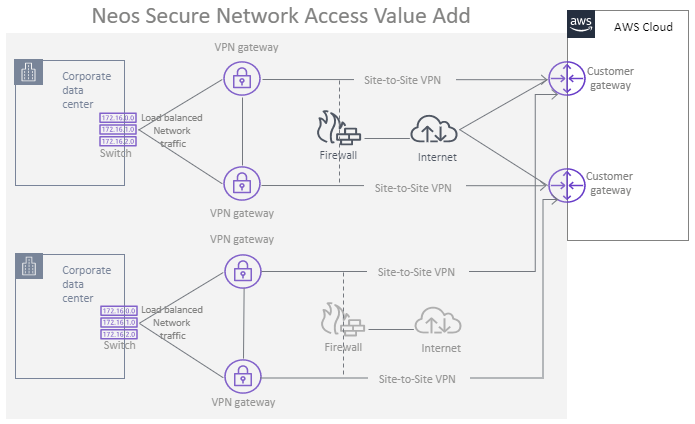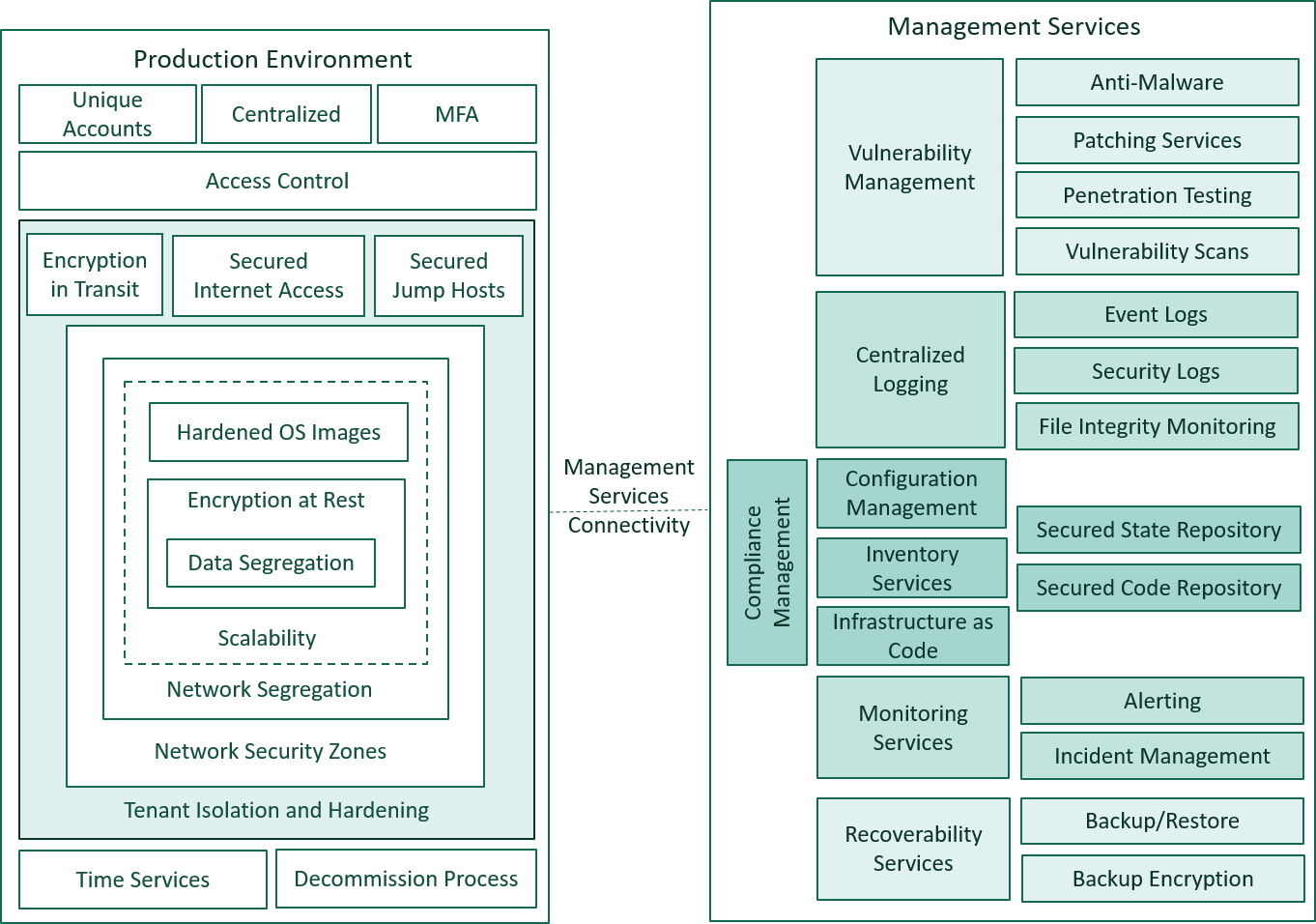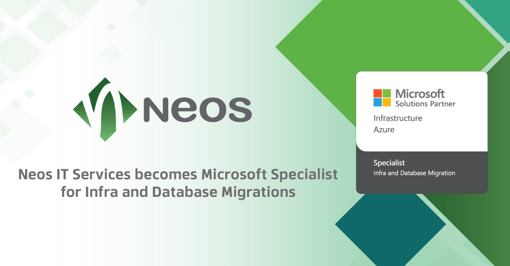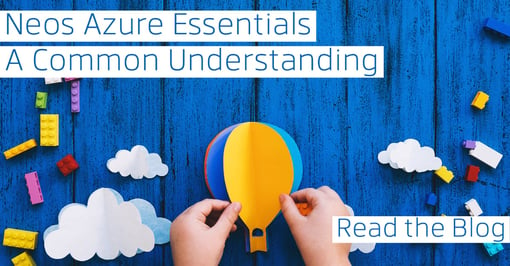Cloud Agnostic Managed Service Provider
Considering a new Cloud deployment? The choice of cloud has an impact on cost factors, features, connection and performance. Every firm considering a new IT project faces the typical questions which should be answered before the project starts.
- Does this project fit the IT strategy?
- How does this project support the business goals?
- Do resources currently exist to complete the project?
- Why use cloud for this project?
- Which cloud should be considered?
Who can help?
- Existing IT provider – may not have subject matter experts for all cloud vendors and therefore may not be able to advise on the best choice of cloud.
- Internal IT department – not enough people resources and bandwidth to complete the project
This means you may need to consider another approach such as an experienced consultant, a trusted advisor. Someone who has the subject matter experts in multiple cloud technologies. Someone who has a history of successfully deployed cloud environments to help you select the best solution to resolve technology issues and support business goals.
What is required is an agnostic approach. The most important step is to understand the business needs and therefore the target solution before making any choices. A proven approach is to execute a business requirements analysis to identify and prioritize functionality and constraints. This allows you to identify the best choice of cloud for your business and application.
Brokerage Firm Use Case
This is how Neos approached the challenge of building a secure cloud environment, planning a migration and performing operations for a customer from the financial sector.
The client, due to GDPR compliancy, needed to migrate an on premise environment to a secure location with access from two on premise locations. They had already determined that a public cloud would be the best offsite location. They had an existing IT department but not enough human resources to complete the project in the time frame – by fiscal year end. They also had no clear indication which public cloud offering could be deployed fastest, for the least cost and still meet the new security requirements.
Neos applied the use of our environment discovery process, an optimized and pragmatic TOGAF approach. We were able to map the customers business needs, pain points and constraints. The information generated was used by our Cloud subject matter experts and architects who drafted a proposed solution. The solution was compared on various cloud vendors to find the best fit.
The analysis led to the recommendation to deploy into AWS based on location, latency and cost factors.
Solution
Neos deployed the environment into a secure AWS landing zone and built a secure access solution from two on-premise locations.
Figure 1: Neos Value Add – Secure Access to the AWS environment.

Figure 2: Neos Value Add – Secure Landing Zone Deployed in AWS

Neos deployed a successful PoC in AWS to demonstrate:
- Secure Access from multiple locations and to internet
- Secure Landing Zone environment in AWS
- Multiple Account Structure
- Successful Migration to the environment
- Optimized use of Cloud Native Services
During the PoC, Neos developed the necessary trusted advisor relationship, proved that the Neos custom Infrastructure as Code (IaC) modules exceeded the GDPR compliancy requirements and provided a realistic total cost of ownership comparison. The customer decision came down to timeline, cost factors, use of cloud native services.
Examples of Environments Neos has already successfully deployed:
- Airline Flight Portal – Azure – Neos added necessary PCI-DSS compliancy features
- Business Intelligence – AWS – Neos Optimized Query Response
- Brokerage Firm – AWS – Secure Access and Landing Zone
- Microsoft Virtual Desktop environment for 750 users – Azure
- Kubernetes K8’s for PCI-DSS compliant environments – Multi-Cloud
- Oracle Siebel database on Kubernetes – Oracle Cloud OCI
- Cloud Environment Dashboard to monitor and alert PCI-DSS compliancy






